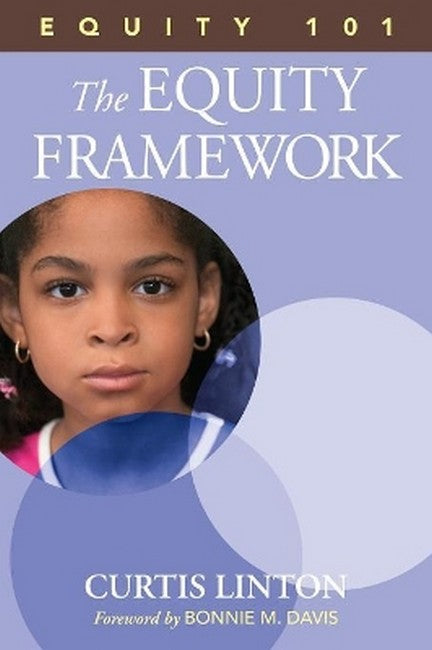Curtis Linton is a co-owner of The School Improvement Network where he is co-executive producer of The Video Journal of Education and TeachStream. He has spent the last 10 years documenting on video and in print the improvement efforts and best practices of the most suc-cessful schools and school systems across North America. Each year, he visits more than 100 classrooms and schools, capturing what they do to succeed with all students at the classroom, school, and system levels. Linton has written or produced dozens of award-winning video-based staff development programs. His areas of expertise include closing the achievement gap and improving minority student achievement, using data, leadership, effective staff development, brain research, differ-entiation, action research, and coaching. With the goal of delivering results-based professional development efficiently to large numbers of educators, he works with school systems to design comprehensive school improvement plans that integrate workshops, video, electronic media, and other resources. As a part of this, Linton conducts workshops on effective classroom practices. Linton also works extensively in the community, including serving on the Davis School District Equity Committee. Linton received his master's degree in fine arts from the University of Southern California.
Request Academic Copy
Please copy the ISBN for submitting review copy form
Description
Acknowledgments About the Author Prologue 1. Finding Equity Realizing Equity My Path to Equity Black and White Understanding My History Embracing Diversity Discovering Race Norming Difference Authenticating My Present The Equity Lens 2. Defining Equity Equity Success: Northrich Elementary Exploring Equity Describing Equity Equity Definition Deconstructing Equity 3. Framing Equity Equity Success: Elmont Memorial High School Framework Versus Strategy The Equity Framework Equity Framework: Characteristics Equity Framework: Leadership Equity Framework: Culture Equity Framework: Practice 4. Personal Equity Equity Success: Frankford Elementary Individual Collectivism Overcoming Biases Acknowledging Privilege Missionary Syndrome Personal Equity Equals Passion 5. Institutional Equity Equity Success: Sanger Unified School District Understanding Institutionalism Dominant Culture: Whiteness Institutionalized Whiteness Who Equitably Benefits? Institutionalized Equity Equals Persistence 6. Professional Equity Equity Success: Dunbar High School Shifting Practice Practice to Theory Equitizing Standards Implementing Equity 7. Moral Equity Equity Plus Excellence Equity Success: Behrman Charter Elementary Staring Down Failure The Journey Behind - The Journey Ahead Internalizing Equity Driving Equity Epilogue References
"By examining schools that are successful with traditionally underserved students of color through an equity lens, Curtis Linton offers a practical approach to education reform that leaves no room for excuses." -- Isla Govan, Consultant and Facilitator "The 'real' work of educational communities can only be achieved when we take into account the needs of all learners. As Linton clearly demonstrates, we must use our equity lens to ensure achievement for all." -- Naomi Khalil, Director, Instructional Equity "Linton provides a thought-provoking and reflective stare into our roles as educators. This book touched me personally and professionally. Linton's stories validated my own experiences. Race does play a role in how children are educated, but it need not be a roadblock to excellence." -- Tiffany S. Powell, Coordinator, Office of Diversity "Curtis Linton's Equity 101 provides today's educators with a practical guide for transforming their schools into ideal places of learning where all students and their teachers perform at optimum levels and equity is the norm." -- Dorothy J. Kelly, Retired Education Administrator

